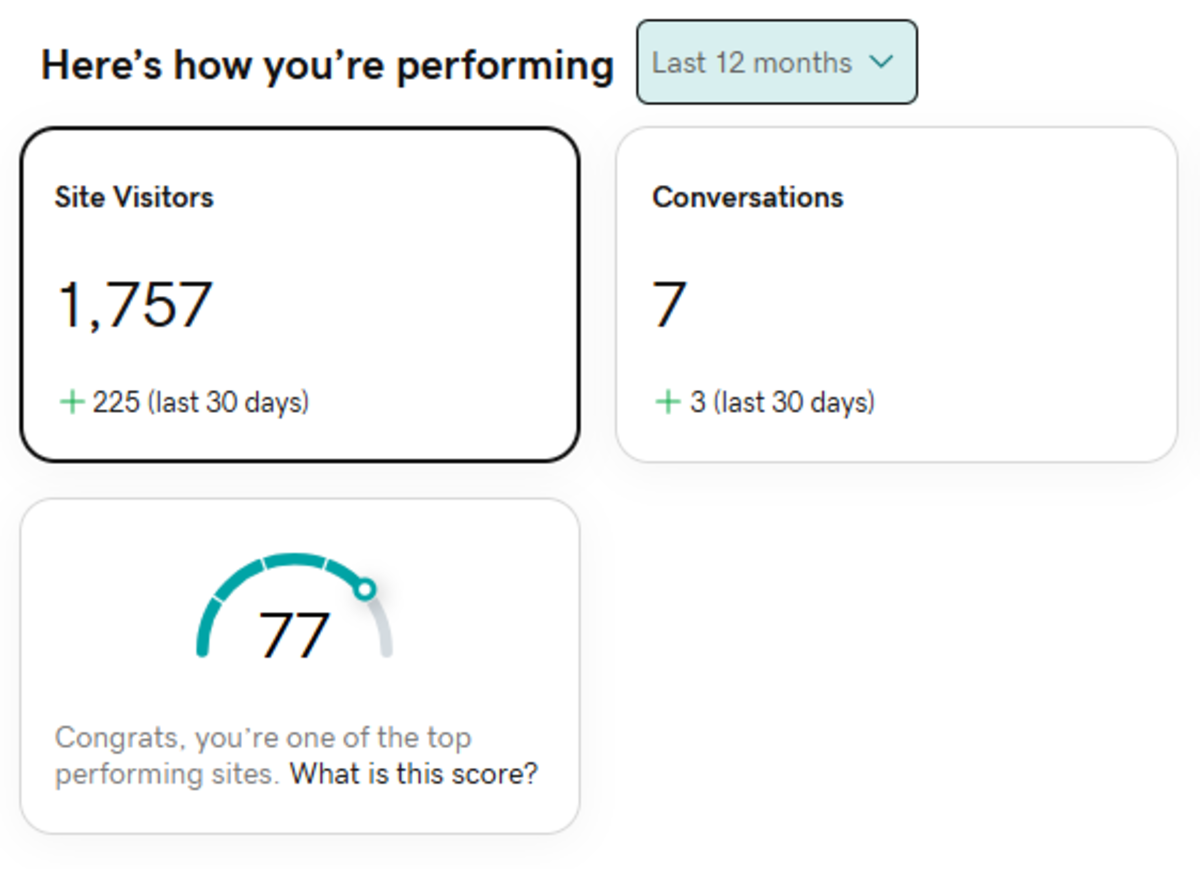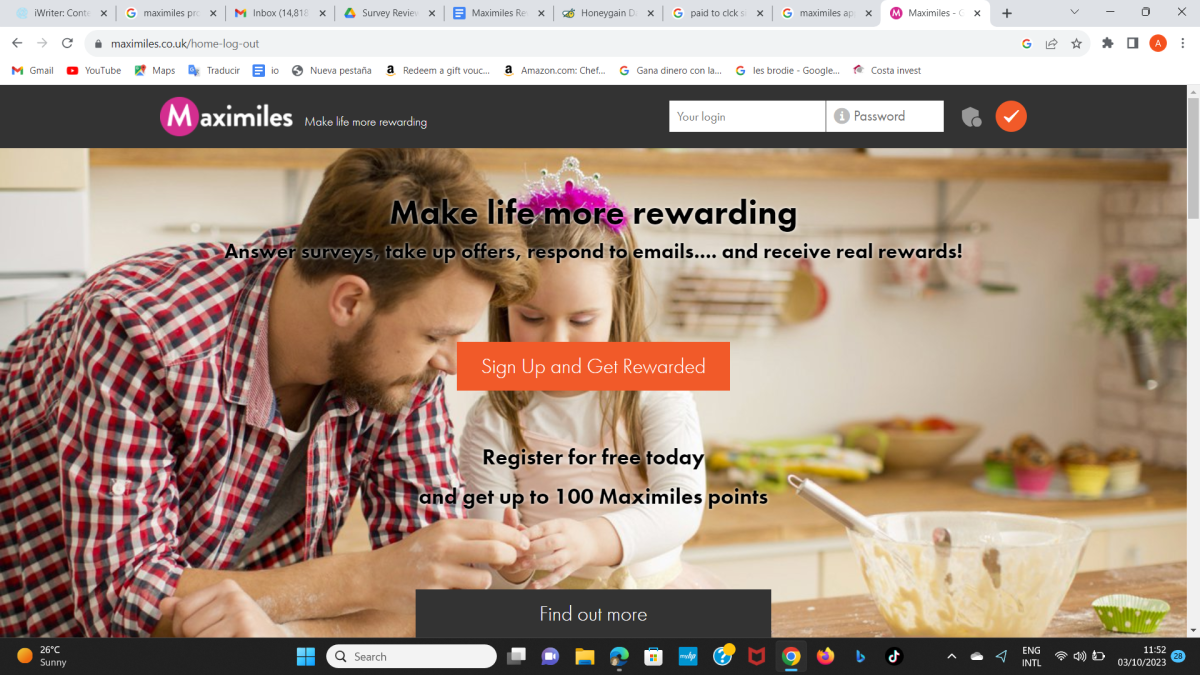Risks of Investing in Adsense Websites
As with all investments, there are risks associated with investing in Google Adsense websites. The good thing is that the majority of risks are within your control; they are issues you have control over and which if you avoid, can mitigate the risk.
Google can Ban your Website
One of the biggest risks associated with investing in Adsense websites is that your website can be banned by Google. Some of the reasons why Google can ban your website include:
Black Hat SEO techniques
Black Hat Search Engine Optimization (SEO) is a technique that was developed by unscrupulous webmasters to manipulate the PageRank of a website. It is sometimes known as spamdexing and can be used to refer to any technique that attempts to dupe a search engine algorithm to rank a site higher than it ordinarily would. The result is bad user experience because web users are taken to sites that do not have what they are looking for. Some black hat SEO strategies include keyword stuffing such as in this sentence below;
“Black hat SEO is a technique used by Black Hat SEO webmasters to create Black hat SEO websites.”
It is quite clear here that the keyword being targeted is “black hat”. This is keyword stuffing and the algorithms are now able to pick this kind of SEO technique. If Google detects this in your website, you will promptly be banned. To avoid such a scenario, make sure your keywords are never more than 5% of the entire content. Anything more than 5% and you are treading on dangerous ground. Moreover, your content must be relevant and make sense to the web user.
Other Black hat SEO techniques include mini site interlinking where a webmaster creates many other mini sites which link to the main site in an attempt to make it appear as if the main site has many back links. If the mini sites have useless content and you create an intranet without any external links, the algorithms will detect this and ban all the sites altogether. Unethical webmasters also create what are known as doorway pages. These are pages which serve no other purpose other than to bring in website traffic and after that the user is directed elsewhere hence the term “doorway”. Do not fall prey to internet consultants who guarantee a page one ranking in your niche. They will most likely use black hat techniques, charge you a fortune and after a very short while Google will promptly ban your site from participating in the Adsense program.
Bad neighborhoods
The other reason that can get you banned is if your site is operating in a bad neighborhood. This can happen in two ways. You may link to sites that Google considers bad or you may be on a shared server where you are sharing an IP address with someone who has been banned. With shared IP addresses, if Google finds that an IP address is a continuous violator, the entire IP address is sometimes banned. This is why it is a good idea to have a dedicated server or at least a virtual private server which is a much cheaper option.
Clicking on your Ads
NEVER EVER click on your advertisements. This is the surest way to get yourself kicked out of the Adsense program. Furthermore, do not ask your friends and relatives to click on your ads. Google has many years of experience dealing with Adsense and their algorithms reflect this intelligence. They are able to detect unusual patterns and clicks. If your website is flagged for human investigation, then you are doomed. Best thing is just to avoid these dirty tactics and concentrate on building a viable Adsense business.
Not complying with any other Adsense program policy
The issues listed are the most serious and will surely get you banned. However, Google’s program policies are quite exhaustive. You must ensure that you comply with each and every one of them including the requirement that your privacy policy and terms and conditions be in line with their own. You should keep checking their website and your email inbox for notices of a change in their program policies.
Google’s Credit Risk
To most people it may sound inconceivable to imagine Google suffering financial problems or worse, going bankrupt. If this were to happen Google would default on Adsense payments to its publisher network. Those who believe that Google would never go down this route have good reason. Ever since Google was founded, it has grown from strength to strength and shows no sign of slowing down.
There does not appear to be any sign of financial danger anytime soon. In fact, Google’s main risk is most likely to come from anti trust suits from the US Department of Justice and from European law makers. Over recent months there have been complaints that Google is a monopoly and is now stifling competition. More and more complaints of this kind are expected and many experts predict an anti trust suit similar to the one that hit Microsoft in 2001.
Google posts its quarterly results on a timely basis to http://investor.google.com.
A change in Google’s Algorithm
Google is constantly carrying out research with an aim to improve user experience. On a number of occasions, they have changed their search engine algorithm and in the process lowered the ranking of some websites. The main reason why Google changes their ranking algorithm has been to deal with Black Hat SEO. Historically Google has also changed its search algorithm to deal with domain name trustworthiness, anchor text in external links, keyword stuffing and paid links/link farms.
So how do you mitigate this risk? The answer is to build a website for users and not for search engines. If you build a website that has a loyal following or has excellent, relevant and useful content, then it does not matter what algorithm Google come up with. You will always have traffic.
The other thing you should do is not to rely too much of search engine traffic. Find alternative traffic sources. Post in forums, blog about topics related to your website and write articles in free submission directories to drive traffic to your site. You could also explore non internet traffic sources such as placing cheap ads in your local newspaper or the local community notice board. Ultimately, there are always other cheap methods you can use to drive traffic to your site. Explore as many of them and exploit them.









